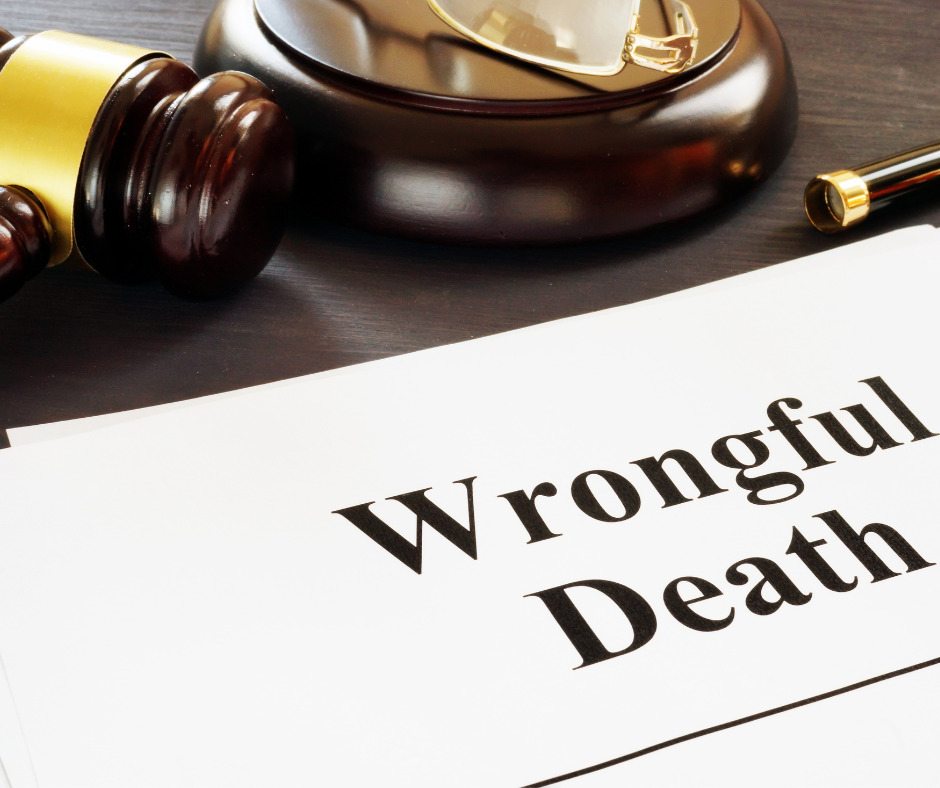Losing a family member or other close loved one in an accident is devastating and heartbreaking. Putting the pieces back together for your family is never easy. You and your loved ones must get justice, closure, and the full available financial support.
After an unintentional or wrongful death incident, you might be able to file a wrongful death claim if your loved one was killed due to another party’s negligent actions or inactions. A motorist, truck company, corporation, or property owner could be liable for your losses. Here, our seasoned North Carolina wrongful death attorneys answer some of the most commonly asked questions.
Frequently Asked Questions About Wrongful Death Lawsuits in North Carolina
What is a Wrongful Death?
A wrongful death is a civil legal claim. Under North Carolina law (N.C. Gen. Stat § 28A-18-2), you and your family may have a wrongful death claim if your loved one was killed due to a “wrongful act, neglect or default of another.” The statute states that the standard of liability is similar to that as it would have been had the victim survived the accident and pursued a legal claim for their injuries. Wrongful death can occur in many circumstances—from car and commercial truck crashes to slip-and-fall accidents and dangerous and defective products.
Who Should File the Wrongful Death Lawsuit?
In North Carolina, only the personal representative of the deceased person’s estate can file a wrongful death lawsuit. The personal representative is appointed by the court and is responsible for managing the deceased person’s estate. The personal representative is typically named in the deceased person’s will or appointed by the court if there is no will. The personal representative has the legal authority to take legal action and file a wrongful death claim on behalf of the deceased person’s surviving family members, including the spouse, children, or parents.
What is the Statute of Limitations for a Wrongful Death Claim in North Carolina?
You do not want to wait to file a wrongful death claim. Under North Carolina law (N.C. Gen. Stat. § 1-53), the statute of limitations in a wrongful death lawsuit is two years. If a family waits too long to take action, they may be unable to pursue a claim. Do not wait to get started: Consult with an experienced North Carolina wrongful death lawyer as soon as possible.
How Do You Prove Liability for a North Carolina Wrongful Death Case?
Proving liability for a North Carolina wrongful death case requires gathering evidence to support the claim. An investigation is necessary to gather evidence such as witness statements, photographs, and medical records. The evidence should show that the death was caused by someone else’s negligence, recklessness, or intentional act. Expert testimony may also be required to establish liability. A North Carolina wrongful death lawyer can help.
What Damages Can You Recover in a Wrongful Death Lawsuit in North Carolina?
In North Carolina, a wrongful death lawsuit allows the personal representative of the deceased person’s estate to seek compensation for various damages resulting from the death. Compensation for both economic and non-economic losses may be recovered on behalf of the surviving family members. Economic damages can include out-of-pocket medical expenses, funeral & burial expenses, and other costs. Non-economic damages can include the loss of the deceased person’s companionship, guidance, and support. Further, in a limited number of cases, the court may also award punitive damages if the defendant’s conduct was particularly egregious or reckless.
What is a Survival Action Claim?
Distinct from a wrongful death claim, a survival action claim in North Carolina is a cause of action that can be made on behalf of a deceased person. Through this type of legal action, the personal representative of the deceased person’s estate pursues a lawsuit that the deceased would have been able to pursue had they not died. In essence, the claim “survives” the death of the person who would have been the plaintiff in the lawsuit. The personal representative can seek damages for the deceased person’s pain and suffering, medical expenses, and lost wages.
Contact Our North Carolina Wrongful Death Lawyers Today
At Paynter Law, our North Carolina wrongful death lawyers are compassionate, experienced, and justice-driven advocates for families. If your loved one was killed because of recklessness, carelessness, or other negligence, we could help. Contact us today to set up your free, confidential appointment. From our Hillsborough office, we represent grieving families throughout the region, including in Orange County, Wake County, Durham County, Alamance County, and Chatham County.

